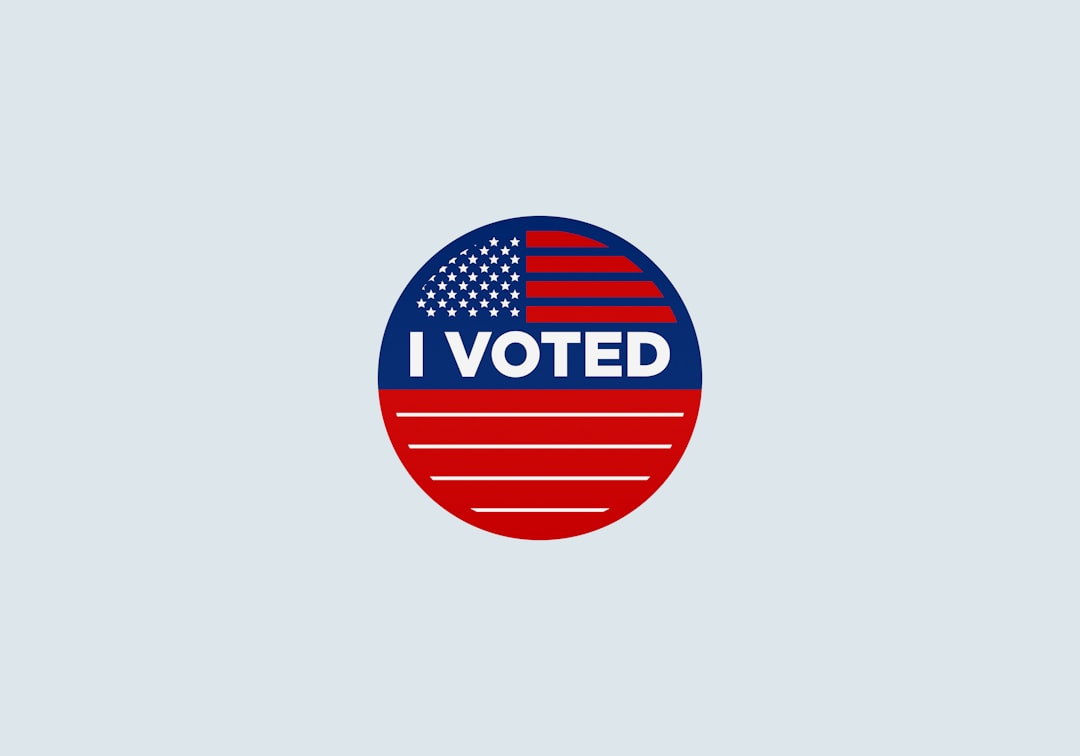The Idolization of Democracy
Can democracy be elevated by expecting less from it?
At times, I’ve been accused of being a democratic “absolutist” or “maximalist,” although this is the sort of thing that strikes me more as a compliment than anything else. I guess I am a bit absolutist when it comes to certain things, and particularly this. I do wonder about how far is too far. Am I so wedded to a concept that I’ve let it lead me astray…




